It was Lord Baden Powell, father of the scouting movement who created the famous scouting motto,
“Be Prepared”
…meaning specifically that a scout must prepare himself by previously thinking out and practicing how to act – so that in any accident or emergency he is never taken by surprise.
So it is for effective leadership of groups and people.
Whether leading a team, facilitating a meeting or influencing an individual in terms of their performance – there is nothing more important than to be prepared!
Preparedness is the key to getting your outcomes. In fact, if you are not clear about your outcomes then it is unlikely that they will be achieved.
There are 3 types of outcomes that need to be clarified in preparation,
- Rational outcomes (task)
- Social outcomes (group)
- Emotional outcomes (individual)
That is,
- What do you actually want to achieve from the interaction or meeting? (usually a tangible plan, decision, sharing of information etc)
- If meeting with a group, how do you want the relationships among the participants to be as a result? – stronger connections, alignment etc
- How do you want the individuals to feel as a result of the interaction or meeting? – For example, feel they had an opportunity to have their say, feel clearer on what is expected of them, more confident about what they need to do next etc.
Remember, if you are clear on your outcomes then you have a much greater chance of achieving them!
In addition to outcome clarity being prepared means thinking about how best to achieve your outcomes (ie the process). The following questions will help you in preparing for ‘the how’.
Who do you need to meet or engage with to get your outcomes?
Who should you talk to in preparation to help you better understand the context?
What are the likely areas of resistance, and how might you deal with them?
What challenging behaviors might arise and how best to manage them?
What is it that you need to do to create the best environment to get your outcomes? Where, when, specific processes (small group discussions within general whole group meeting etc)
What information do others need prior to meeting or interacting?
What support might you need – data, visuals, reports etc
Rather than leaving things to chance, by following these steps – clarifying specifically your outcomes, and then working out what needs to be done to achieve them, you will be prepared for the challenges and be in a better position to lead and influence people and situations.
Jill Tideman







